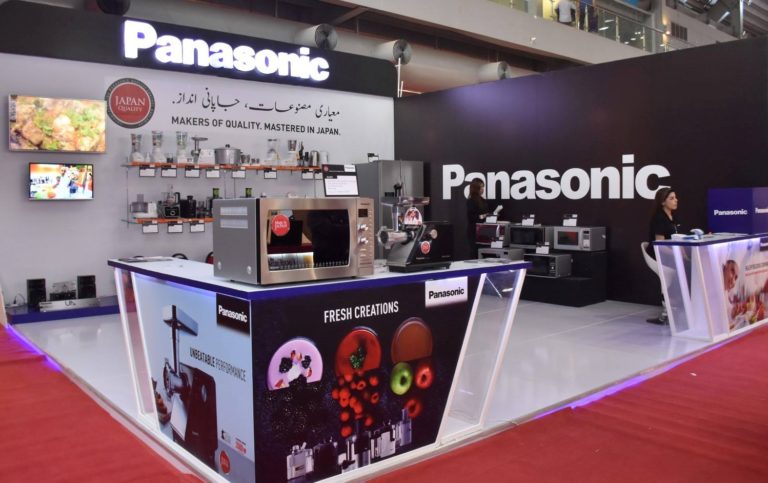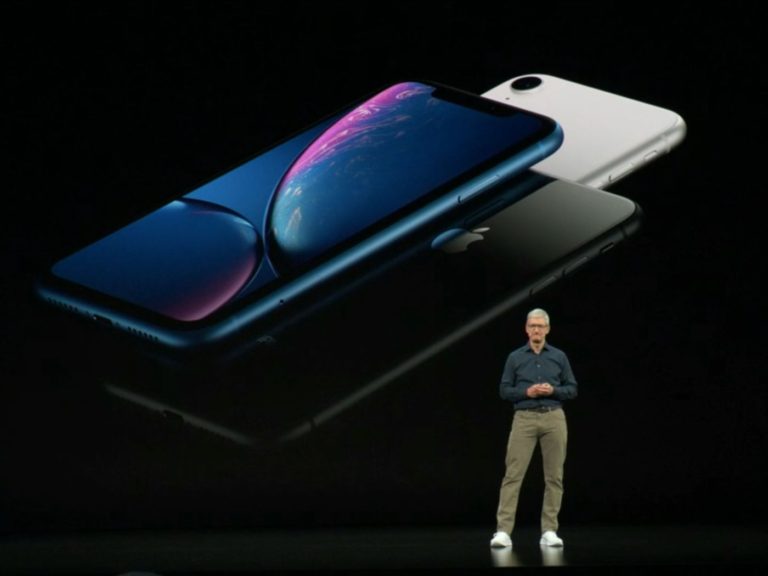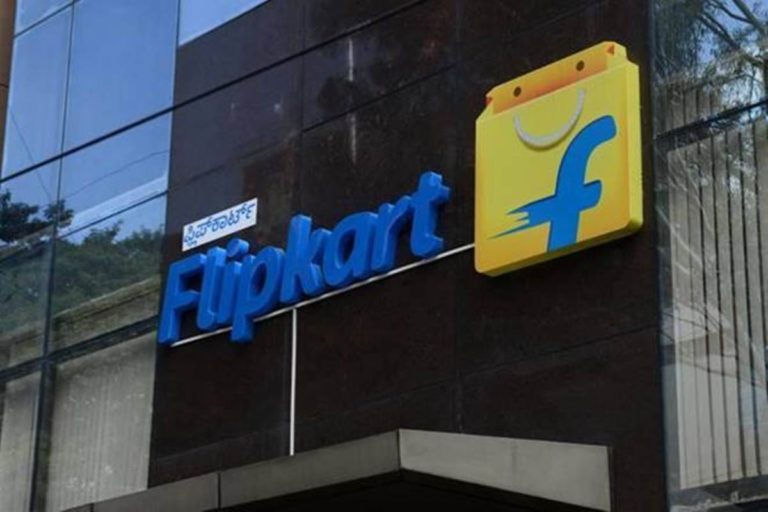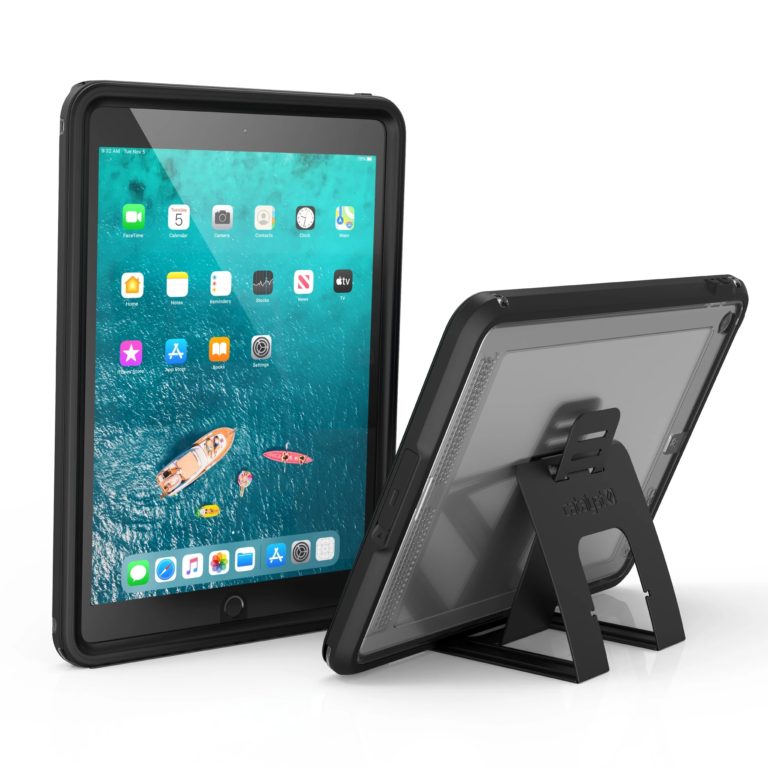- Al-Futtaim Panatech will be the sole distributor for Panasonic products in UAE.
- Japanese giant focusing on boosting online sales as consumer’s purchasing patterns have changed.
Dubai: Panasonic Middle East is going to sell its entire range of consumer electronics products on e-commerce giant Amazon UAE soon.
“The deal is almost finalised and a public announcement will be made within days,” sources close to the matter told Tech Channel News.
Al-Futtaim Panatech is the sole distributor for Panasonic products in the UAE and that will remain intact.
“Consumer habits have changed during the Covid-19 pandemic and lockdown scenarios have inevitably changed the way people look at retail experiences, giving a boost to online sales tremendously and it is expected to continue,” the source said.
Retailers in the UAE saw a sudden spike in online sales during the first three months of the lockdown and industry experts said that online sales are expected to decline slightly as brick-and-mortar stores are opened.
“Panasonic is focusing on boosting online sales as consumer’s purchasing patterns have changed but Al-Futtaim Panatech’s sales will not be impacted as the prices are expected to be fixed by them and they will be supplying products to Amazon UAE,” the source said.
According to a recent survey by McKinsey & Company’s on UAE’s consumer sentiment, most consumers are not yet fully comfortable going back to regular out-of-home activities and are waiting for milestones beyond government lifting restrictions to return to regular activities.
At the same time, the survey showed that people have started adopting digital and low-touch activities and grocery delivery, with a high intent to continue some behaviours after the crisis for many categories.










